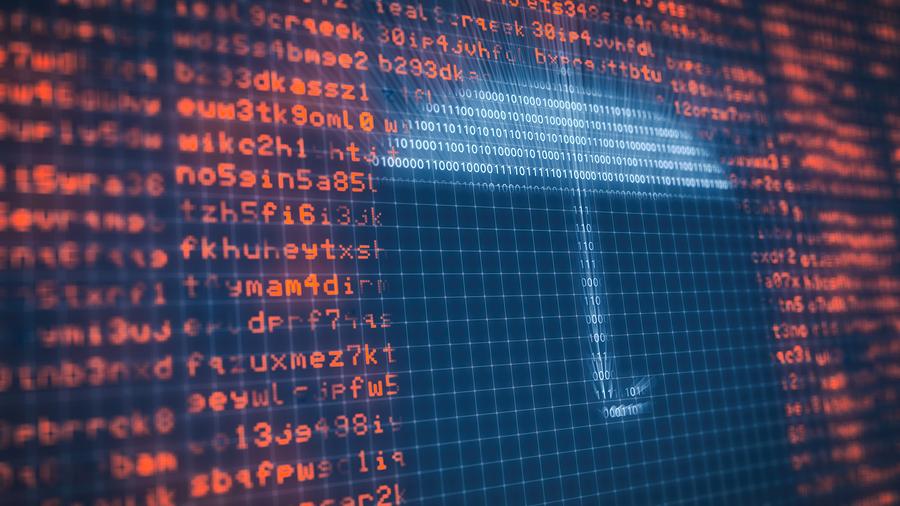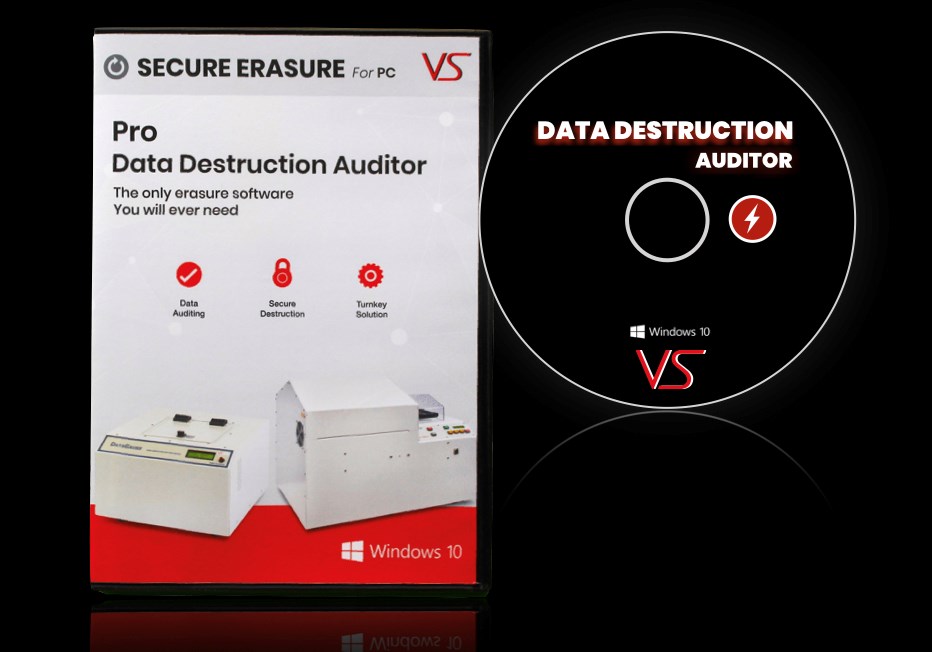Maximizing Cyber Security through Advanced Data Destruction Methods
Maximizing Cyber Security through Advanced Data Destruction Methods
Blog Article
The Important Nature of Information Destruction in Upholding Computer System Protection Providers and Protecting Versus Unauthorized Gain Access To
In an age where data violations and identity burglary are progressively common, the value of reliable information destruction can not be overstated. Numerous techniques, from information cleaning to physical destruction, serve as crucial safeguards against unapproved accessibility.
Relevance of Data Devastation
In an increasingly digital globe, the significance of information damage can not be overemphasized. As companies collect huge quantities of sensitive information, the prospective effects of falling short to correctly dispose and take care of of that information come to be progressively severe. Information violations, identity theft, and corporate reconnaissance present significant risks, highlighting the necessity of reliable data devastation methods.

Furthermore, as innovation progresses, so too do the approaches through which harmful stars look for to make use of delicate information. Organizations must remain vigilant and aggressive in their information destruction strategies to safeguard versus these advancing risks. By focusing on information destruction, companies not only shield their assets yet additionally foster trust among stakeholders and clients, showing a commitment to liable information management and safety practices.
Methods of Effective Information Destruction
To ensure the complete and permanent damage of sensitive data, organizations can use a range of effective methods customized to their specific requirements. One of one of the most usual techniques is information cleaning, which entails making use of specialized software application to overwrite existing information multiple times, making recuperation practically impossible. This is particularly useful for difficult drives and solid-state drives, where conventional deletion approaches are inadequate.
One more efficient approach is degaussing, which uses strong electromagnetic fields to interfere with the magnetic domain names on storage media, making the data irretrievable. This approach is especially matched for magnetic storage space gadgets, such as tape drives and hard drives.
Physical destruction is likewise a practical alternative, including the shredding, crushing, or incineration of storage space gadgets. This approach warranties that information can not be recuperated, making it suitable for organizations taking care of highly sensitive info.

Conformity With Information Defense Laws
Organizations must not only concentrate on effective data destruction methods but likewise make certain compliance with information defense guidelines that regulate just how delicate information is dealt with and taken care of. Sticking to these policies is crucial for securing individual data and keeping customer depend on. Rules such as the General Information Security Law (GDPR) in the European Union and the Medical Insurance Transportability and Accountability Act (HIPAA) in the USA enforce rigorous standards on data monitoring, that include demands for the secure disposal of delicate info.
To achieve compliance, organizations need to implement thorough information devastation plans that align with these lawful structures. This consists of recognizing information that needs devastation, establishing procedures for secure methodsâEUR" such as shredding physical media or utilizing software application that meets sector standards for information wipingâEUR" and maintaining thorough records of destruction activities. Normal audits must be conducted to ensure adherence to these policies and to identify have a peek here any type of possible locations for enhancement.
Failure to adhere to data defense guidelines can result in considerable lawful implications, including large penalties and damages to a company's credibility. Incorporating compliance into information destruction methods is not only a lawful obligation however likewise a critical part of a robust info security method.
Consequences of Poor Information Handling
Poor data handling can cause severe effects that expand past prompt operational troubles. Organizations may deal with significant financial losses as a result of information violations, which usually result in costly next removal efforts, lawful fees, and regulative fines. These economic effects can prevent and strain resources growth, eventually affecting an organization's lower line.
Moreover, inadequate data handling can seriously damage a company's reputation. Consumers, companions, and stakeholders might shed rely on an entity that stops working to secure delicate info, resulting in lowered client loyalty and prospective loss of service possibilities. This disintegration of trust fund can take years to reconstruct, if it can be recovered in any way.
Additionally, companies might face lawful implications emerging from non-compliance with data security guidelines. Such infractions might result in examinations and charges, worsening the monetary concern and more staining the organization's picture.
In the world of cybersecurity, inadequate information management methods can produce vulnerabilities that make systems a lot more at risk to unapproved accessibility and cyberattacks. Eventually, these consequences underscore the vital significance of applying durable information dealing with procedures to safeguard sensitive info and maintain business stability.
Finest Practices for Secure Information Disposal


Firstly, information ought to be identified according to its level of sensitivity. Sensitive information calls for much more extensive disposal techniques, such as shredding physical records and go to this web-site utilizing sophisticated software for electronic data wiping. Utilizing licensed information damage services makes certain conformity with industry laws and criteria.
Secondly, organizations must carry out an information disposal plan that mandates routine audits. This plan must detail the procedures for information retention and devastation, ensuring that outdated information is thrown away immediately and firmly. Training employees on these procedures is important to fostering a culture of protection understanding.
Last but not least, maintaining detailed documents of disposed information improves responsibility and provides a clear audit trail. This documentation should include the kind of data destroyed, the method utilized, and the date of disposal.
Verdict
Embracing robust methods such as data cleaning, degaussing, and physical damage, alongside conformity with guidelines like GDPR and HIPAA, is essential for securing sensitive information. Overlooking proper information disposal methods can lead to serious consequences, including information breaches and lawful effects.
In an era where data breaches and identity burglary are progressively prevalent, the significance of reliable information destruction can not be overstated. data destruction. Information breaches, identity theft, and company reconnaissance present substantial risks, emphasizing the necessity of efficient data damage techniques
Compliance with policies such as GDPR and HIPAA requireds that organizations execute rigorous information security measures, including the secure devastation of information at the end of its lifecycle.
By focusing on data damage, firms not just safeguard their properties however also foster trust fund among stakeholders and clients, demonstrating a commitment to liable data administration and safety methods.
Organizations have to not only focus on efficient information devastation approaches yet likewise ensure conformity with data defense guidelines that govern how sensitive info is dealt with and disposed of.
Report this page